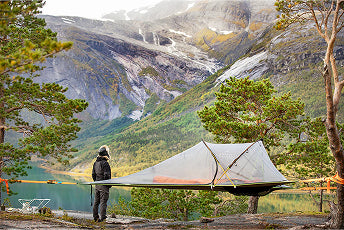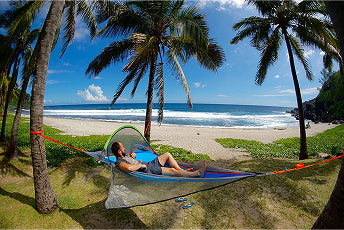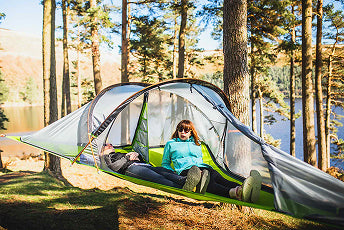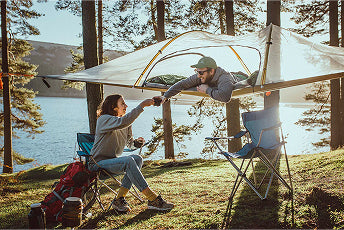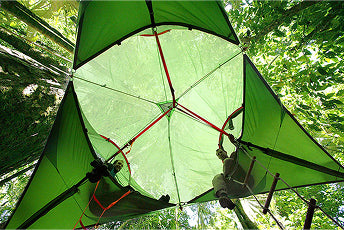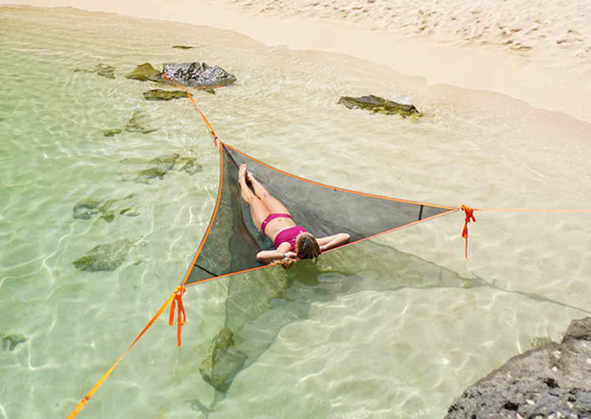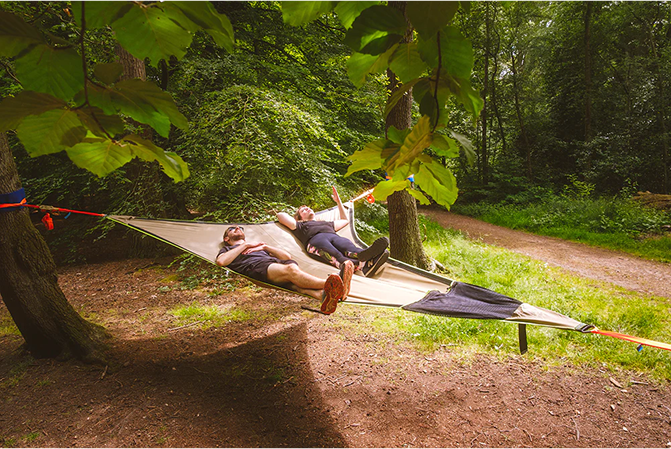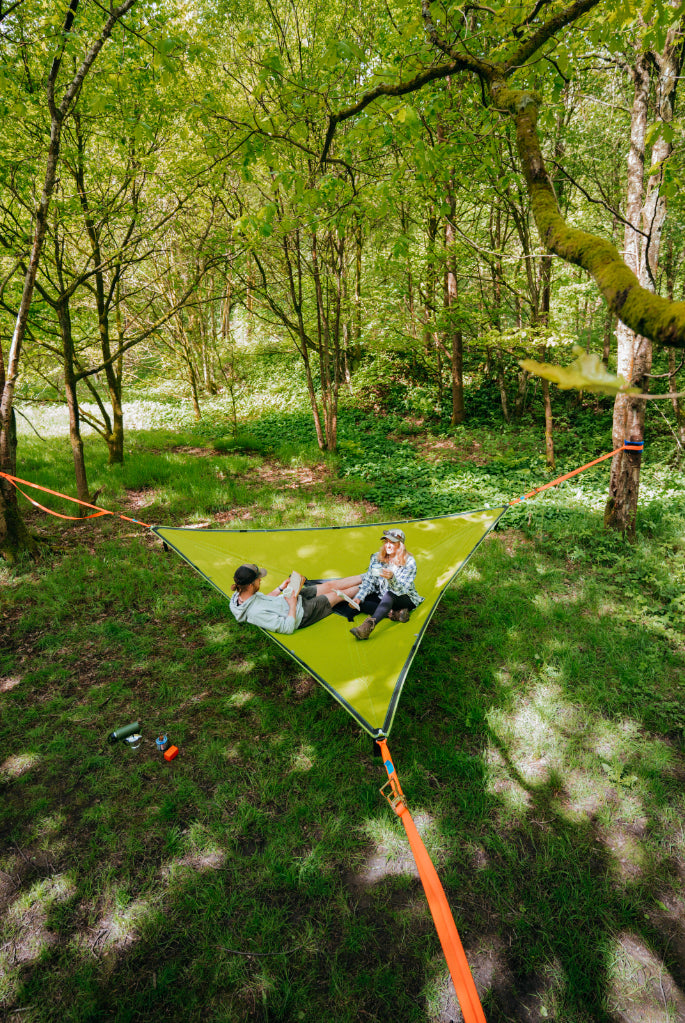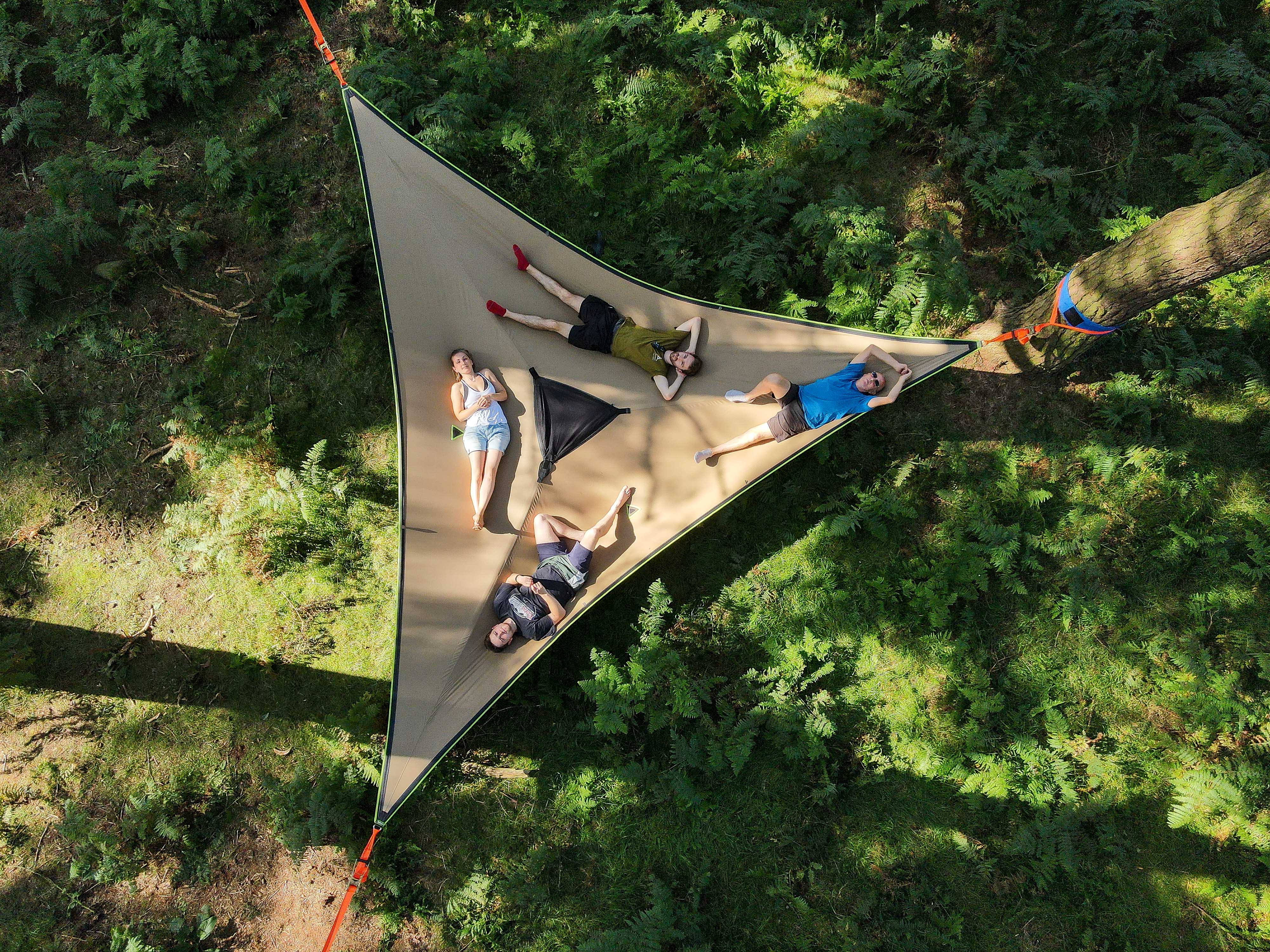New York and New York state has many opportunities for camping. With many state parks, campsites, campgrounds, hiking trails, fishing locations, swimming locations, tent sites and RV sites. You will always have something to do no matter what style of camper you are! In this guide, we will cover many aspects of camping in New York, and hopefully you will find what you are looking for.
Where the camp in New York State
Some top locations in The Empire State include:
- Adirondack region: some of the highest peaks in NY State, thousands of miles of hiking trails and canoe routes.
- Allegany Region: Lakes, stream, wildlife, trails and rolling countryside.
- Catskill Park: Largest and most complex natural areas in the East, on par with Yellowstone National Park.
- Central Region: Some of the best sunsets in the world when overlooking one of the Great Lakes, lush valleys, lakes and rolling hills.
- Taconic Region: With plenty of state parks and marked trails, you’ll have plenty to do. Rv camping, mini-golf and swimming pools.
- Long Island: With some fantastic campgrounds with local amenities. Picnic tables, RV camping, Camping cabins and sandy beaches.
- Thousand Islands Region: Many wonderful waterside state parks with private campgrounds and plenty of outdoor recreation, such as golf, and mountain biking.
- Genesee Region: Lushious green forests and winding rives for canoe trips and waterside camping for a great camping experience.
- Niagara: The mighty Niagara falls make for an unforgettable experience, as well as the pletfora of rivers and lakes and private campgrounds for yurt or cabin camping, fishing, and hiking.
- Finger Lakes Region: A water lovers paradise, witch natural waterfalls, fresh water swimming and accessible state parks that are naturally beautiful.
- Saratoga Region: Winding forests and rolling hills, plenty for the family to do such as horseback riding, wagon rides, biking and fishing.
- Albany: The capital city of New York State. There are six nature-based campgrounds located within City of Albany coastal Reserves. Five of these camping areas are currently fee free with the exception of Cape Riche.
What to pack for camping in New York State
The weather in NY can be up and down, so it’s always bets to pack a tent with a rainfly, and perhaps extra rainfly clips and watergates in case anything gets misplaced. Heavy duty tents will be best for long-stay camping, such as our Safari range. It’s always nice to carry extra pegs, a sleeping bag, an air mattress (our Skypad is a good choice), reservation details for anywhere you have pre-booked, flashlight/lamp and batteries (take a look at our solar powered LuminAID lantern), first aid kit, cooking equipment (stove, steel containers that can be reused, dishes), and plenty of trash bags to leave your camping pitch better than when you arrived.
What to consider before camping in New York State
Some important factors you should bear in mind when planning your New York state camping trip include:
Researching campgrounds, check to see if theyare public or private and if your method of camping is allowed (such as RV only campsites). Cehck thatbackcountry camping is permitted in the region that you are considering, and if you are camping as a large group or family, see if there are any activities or amenities you can take advantage of.
Check the rules on untreated firewood (as it was banned by New York state in 2009).
Any fees that may occur depending on where you are planning on staying.
Be mindful of animals and habitats, especially bears.
Check age limitations on campsites and maximum stay lengths so you don’t get caught up in difficulty.
Changes in the weather depending on the season.
New York state camping tips
Here are some useful tips for tent campers that may be considering venturing through New York state for the first time, or if you’ve done it before and want to learn something new.
Leave no trace: Don’t harm the trees, and leave the pitch site you chose in the same state, if not in a better state, than when you arrived.
Pack layers and rain protection, you never know when the weather will take a turn for the worse.
Make reservations well in advance, you don’t want to be geared up and ready to go and find out that you can’t camp at your desired spot because they filled up their booked slots.
If you’re bringing your dog, ensure to bring with you your rabies vaccination certificate, as this is required by state rules.
Plan meals and activities in advanced, this allows you to remain in state of relaxation and comfrt without having to worry about what you’re going to eat or what you’re going to do.
Be aware of bears and other native animals, when you’re out in the sticks, you’re near the home of many species of wildlife, be on the lookout if you have done your research.
Be considerate of other campers on the campgrounds, adhere to rules of campsites that may have quiet hours or a curfew.
Frequently asked questions
Where can I camp for free in New York?
Finger lakes national forest, New York Forest preserve land and New York State Forests all have options for free camping. If you are unsure if your desired location allows free camping, head online and have a look.
Are there state park passes for camping in new York?
The Empire Pass (https://parks.ny.gov/admission/empire-passport/#:~:text=The%20Empire%20Pass%20is%20your,at%20New%20York%20State%20Parks.&text=Empire%20Passes%20are%20available%20for,fee%20for%20day%20use%20entry.) is your key to all-season enjoyment. Instead of paying the vehicle use fee, just show this pass and you’re on your way.
Can you camp in Central Park in New York City?
It is illegal to turn up to Central Park and pitch your tent. However, the New York City Parks Department hosts occasional overnights which are free, and include dinner and a ranger-led night hike. However, these are awarded through a lottery, and have a maximum of 30 tents.
Do the state parks in New York provide camper electricity?
Use this link (https://www.ny.gov/services/find-campground-0) and check if your desired State park has the amenities you require. A lot of state parks in the Empire State provide electricity, but it’s always worth checking.

